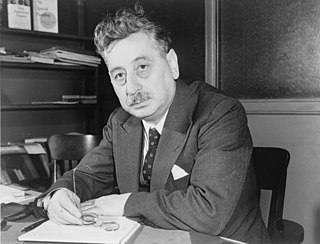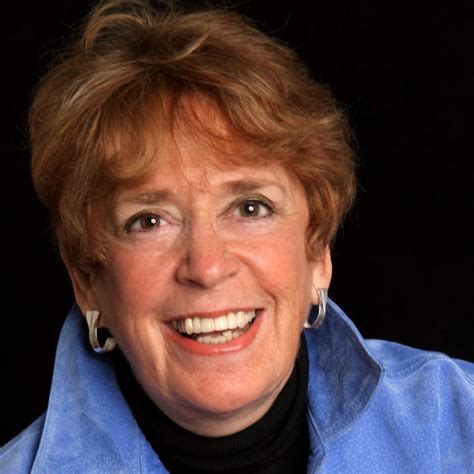A Quote by Sholem Asch
Now, more than any time previous in human history, we must arm ourselves with an ethical code so that each of us will be aware that he is protecting the moral merchandise absent of which life is not worth living.
Related Quotes
The moral problem of abortion is of a pre religious nature because the genetic code is written in a person at the moment of conception. A human being is there. I separate the topic of abortion from any specifically religious notions. It is a scientific problem. Not to allow the further development of a being which already has all the genetic code of a human being is not ethical. The right to life is the first among human rights. To abort a child is to kill someone who cannot defend himself.
With the Fall all became abnormal. It is not just that the individual is separated from God by his true moral guilt, but each of us is not what God made us to be. Beyond each of us as individuals, human relationships are not what God meant them to be. And beyond that, nature is abnormal - the whole cause-and-effect significant history is now abnormal. To say it another way: there is much in history now which should not be.
As with any other great force of nature, there is both glory and danger in the stories we tell ourselves. Some are toxic and keep our problems festering. Others are tonic and bring us beyond the limitations of our previous history. To be in a life of our own definition, we must be able to discover which stories we are following and determine which ones help us grow the most interesting possibilities.
[W]omen's magazines know that more than two thirds of women pray each day so they tend to promote "spirituality" which is warm, soft, fuzzy, and "me-centered, " rather than religion, which is definitely not. Shot with a soft-focus lens, spirituality in women's media has morphed into another method of stress reduction. Lulling and inoffensive, spirituality is more about taking long walks and buying $65 Jo Malone scented candles than making ethical decisions or moral judgments. It's another way to calm ourselves, refresh ourselves, or applaud ourselves.
The primary function of poetry, as of all the arts, is to make us more aware of ourselves and the world around us. I do not know if such increased awareness makes us more moral or more efficient. I hope not. I think it makes us more human, and I am quite certain it makes us more difficult to deceive.
Our Heavenly Father loves each one of us and understands that this process of climbing higher takes preparation, time, and commitment. He understands that we will make mistakes at times, that we will stumble, that we will become discouraged and perhaps even wish to give up and say to ourselves it is not worth the struggle. We know it is worth the effort, for the prize, which is eternal life, is “the greatest of all the gifts of God.” And to qualify, we must take one step after another and keep going to gain the spiritual heights we aspire to reach.
"You, who are on the road, must have a code that you can live by-"* You'll find universal agreement on the value of a behavior code, on the need for some sort of ethical system. Even the crooks count on "honor among thieves," and countries actually wage war according to certain rules. On the job and in the rest of our day-to-day living, we each need a "code for the road."
The feeling of awed wonder that science can give us is one of the highest experiences of which the human psyche is capable. It is a deep aesthetic passion to rank with the finest that music and poetry can deliver. It is truly one of the things that make life worth living and it does so, if anything, more effectively if it convinces us that the time we have for living is quite finite.
When the accumulation of wealth is no longer of high social importance, there will be great changes in the code of morals. We shall be able to rid ourselves of many of the pseudo-moral principles which have hag-ridden us for two hundred years, by which we have exulted some of the most distasteful of human qualities into the highest virtues.
The great decisions of human life have as a rule far more to do with the instincts and other mysterious unconscious factors than with conscious will and well-meaning reasonableness. The shoe that fits one person pinches another; there is no recipe for living that suits all cases. Each of us carries his own life-form- an indeterminable form which cannot be superseded by any other.
Until we stop ourselves or, more often, have been stopped, we hope to put certain of life's events "behind us" and get on with our living. After we stop we see that certain of life's issues will be with us for as long as we live. We will pass through them again and again, each time with a new story, each time with a greater understanding, until they become indistinguishable from our blessings and our wisdom. It's the way life teaches us to live.
Given the scale of life in the cosmos, one human life is no more than a tiny blip. Each one of us is a just visitor to this planet, a guest, who will only stay for a limited time. What greater folly could there be than to spend this short time alone, unhappy or in conflict with our companions? Far better, surely, to use our short time here in living a meaningful life, enriched by our sense of connection with others and being of service to them.
More than a decade ago, a Supreme Court decision literally wiped off the books of fifty states statutes protecting the rights of unborn children. Abortion on demand now takes the lives of up to 1.5 million unborn children a year. Human life legislation ending this tragedy will some day pass the Congress, and you and I must never rest until it does. Unless and until it can be proven that the unborn child is not a living entity, then its right to life, liberty, and the pursuit of happiness must be protected.







































